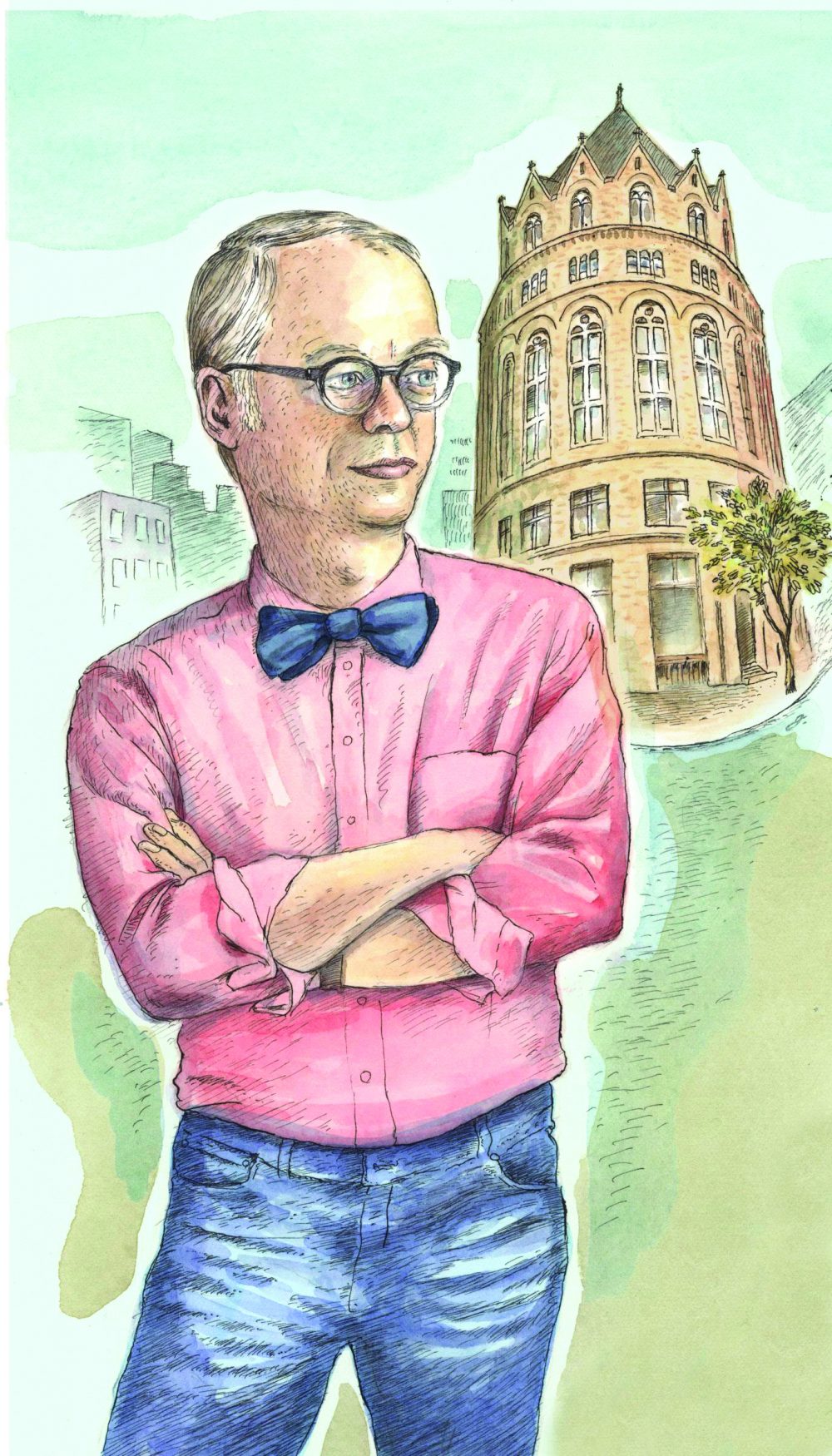Your email address is required to begin the subscription process. We will use it for customer service and other communications from Milk Street. You can unsubscribe from receiving our emails at any time.
One for Life, One for Love, One for Death
Back to May-June 2017

José Andrés smiled to the camera, put his hand around cotta cooking pot, rubbed it and said, “Cooking is like birth. You put the ingredients in a pot, heat them, stir and then you have life.”
He was showing me how to cook an “end of month” recipe. When he was a boy in Mieres, Spain, the family’s first-of-the-month paycheck ran out by the last week, so they had to cook with whatever was on hand: garlic, stale bread, water, smoked paprika, olive oil and eggs. (Garlic is cooked in copious olive oil over low heat for a few minutes, handfuls of thinly sliced stale bread are added, plus 3 or 4 tablespoons of good smoked paprika and water to cover. Then the pot is simmered for 10 minutes. Four or five eggs are whisked together, then stirred in off heat. Supper is served.)
No shopping list—just what’s on hand. The smoked paprika provides drama. The eggs emulsify the soup and trick up the texture, offering transformation. It is what any cook aspires to, abundant life born out of everyday ingredients.
And so one asks, “What’s a recipe?” We can start by saying what it’s not. It’s not just what’s on the plate, nor simply a rote process. It starts in collective memory. It has roots. It’s a lot more than simply turning raw ingredients into more efficient providers of nutrients. It’s not an exercise in food science or a laboratory formula. Scientists may discover the secret to life, but even if it turns out to be nothing more than ones and zeros—an evolving digital movie, if you will—it will also have to be about consciousness, sentient beings who put a name to it.
Now we can say what a recipe is. Like music, great recipes speak to the soul, not just the palate. They are reductionist, without trimmings. And they are alive; the ingredients going into the pot are a far cry from what comes out. There is some measure of alchemy in good cooking; life starts without expectations. And recipes like company—great food is great only when shared.
I recently interviewed Pierre Thiam, a Senegalese chef. Senegal is a country of wild swings in landscape (desert in the north; tropical in the south) and 20 different cultural groups, including immigrants from Vietnam and Lebanon. The food is rich in flavor: lime/onion confit, the char of grilled foods, the flavors of ginger, tamarind and hibiscus, millet beignets, crunchy peanuts roasted in hot sand and fried pastries stuffed with kobo fish. Whether you are hungry or not, the Senegalese will invite you in for something to eat, an invitation that is always accepted. The food is communal and so are the people. Senegal comes from the word for boat—a nation of people, paddling in the same direction, working together to stay afloat.
As a friend of mine once said, “I love to cook because every time I step into the kitchen, I am a beginner.” Exactly right. If you teach long enough, you eventually realize that you were the student all along. And that, perhaps, is the definition of a recipe. It is a moment of learning. As the ingredients are being brought to life in the pot, we arise as well. Something stirs our soul. We cook with our hearts.
I admit these are strange words coming from someone who has, for most of his life, been the teacher, albeit one who cooks with his head. Perhaps I am a frustrated scientist, someone who is more comfortable with string theory and dark matter than culinary whimsy. A good friend of mine, Alessandro, is a cosmologist who claims to have discovered a unifying theory of the universe—space does not exist, there is only time. I ask him to repeat his explanation on every visit, like a small child asking about the color of the sky.
The problem is that food, much like science, also stirs the soul. Pierre told me that in Senegal, one pours three different cups of tea. The first is bitter like life. The second is sweet like love. The last is gentle, like the breath of death.
Like Pierre the chef and Alessandro the scientist, one lives for inspiration, whether in the kitchen or the laboratory. And that, perhaps, is the true definition of a recipe.
Bitter like life, sweet like love, gentle like death.
May-June 2017
